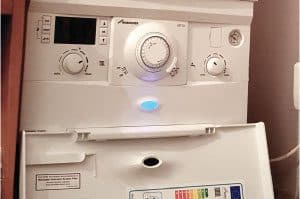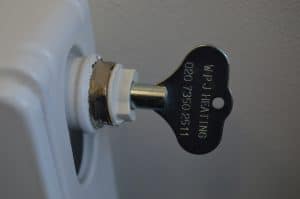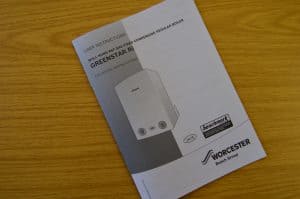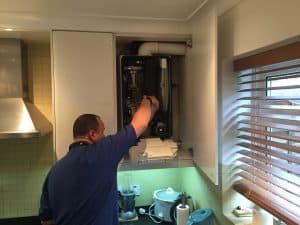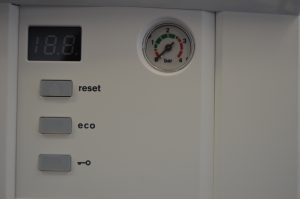5 WINTER BOILER TIPS
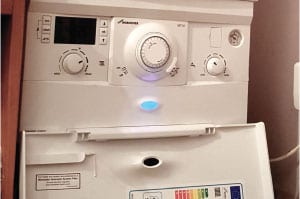
Winter is coming! And with it, cold weather. Gloves, hats and big coats get brought out of the closet and your boiler will start to work a bit harder than it has since last winter. With the extra work that your boiler will be doing, it is important that you carry out some checks to ensure everything is running smoothly. Here are 5 Winter boiler tips to make sure you are ready for the cold weather.
1: REGULAR HEATING CHECKS
If you haven’t turned your heater on since last winter, you may want to test it out today. The last thing you want to do is turn it on a freezing cold evening, only to find out it is not working properly. It is a good idea to turn your heater on a few times a month throughout the year to ensure everything is working correctly.
2: BLEED YOUR RADIATORS
This is probably one of the least thought of things that can affect the heat in your home. When you turn your heating on, run your hand up and down your radiators, if you notice an area that is not as warm as others, this may be a sign you need to bleed your radiator. Air can become trapped which can prevent heat from reaching certain areas. This can have a damaging effect on your boiler, so by simply bleeding your radiators and letting the air out, you will help restore the system to full working order.
3: READ INSTRUCTIONS
We all keep the boiler instructions around the house and possibly have never even opened them. But understanding how your boiler works can ensure your boiler works properly and for an extended period of time.
4: BOILER SERVICING
This should be an annual occurrence. As with all gas appliances, if they began to falter, this could be lethal. Always call a Gas Safe engineer out to service your boiler and ensure the health and safety of your family.
5: CHECK PRESSURE
If you are noticing that your heating is taking longer to come on or your water is taking longer to heat up, this could be a sign that there is a pressure issue. Similarly, if your water is not coming out of taps or showerheads as quickly as it normally does, this could also be an indicator of a lack of pressure. First check the pressure gauge. The inspect pipes for leaks and if you do not find any, you can use the valve handle within your system to increase the pressure. Please remember to switch off your boiler before doing so. If you are still can’t find a fault, call out a professional to locate and fix whatever issues there may be.
For more hints and tips be sure to like us on Facebook and/or follow us on Twitter.


